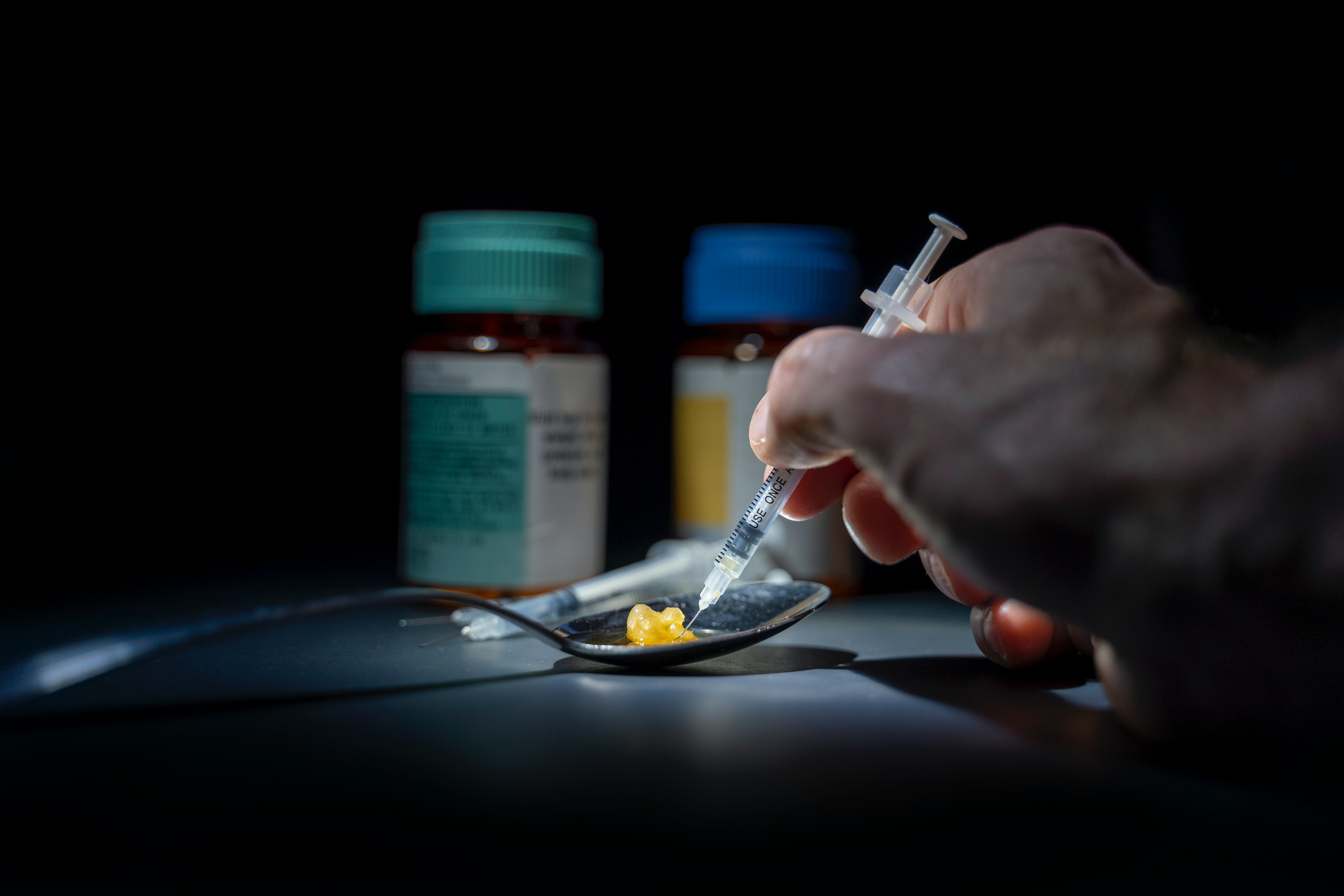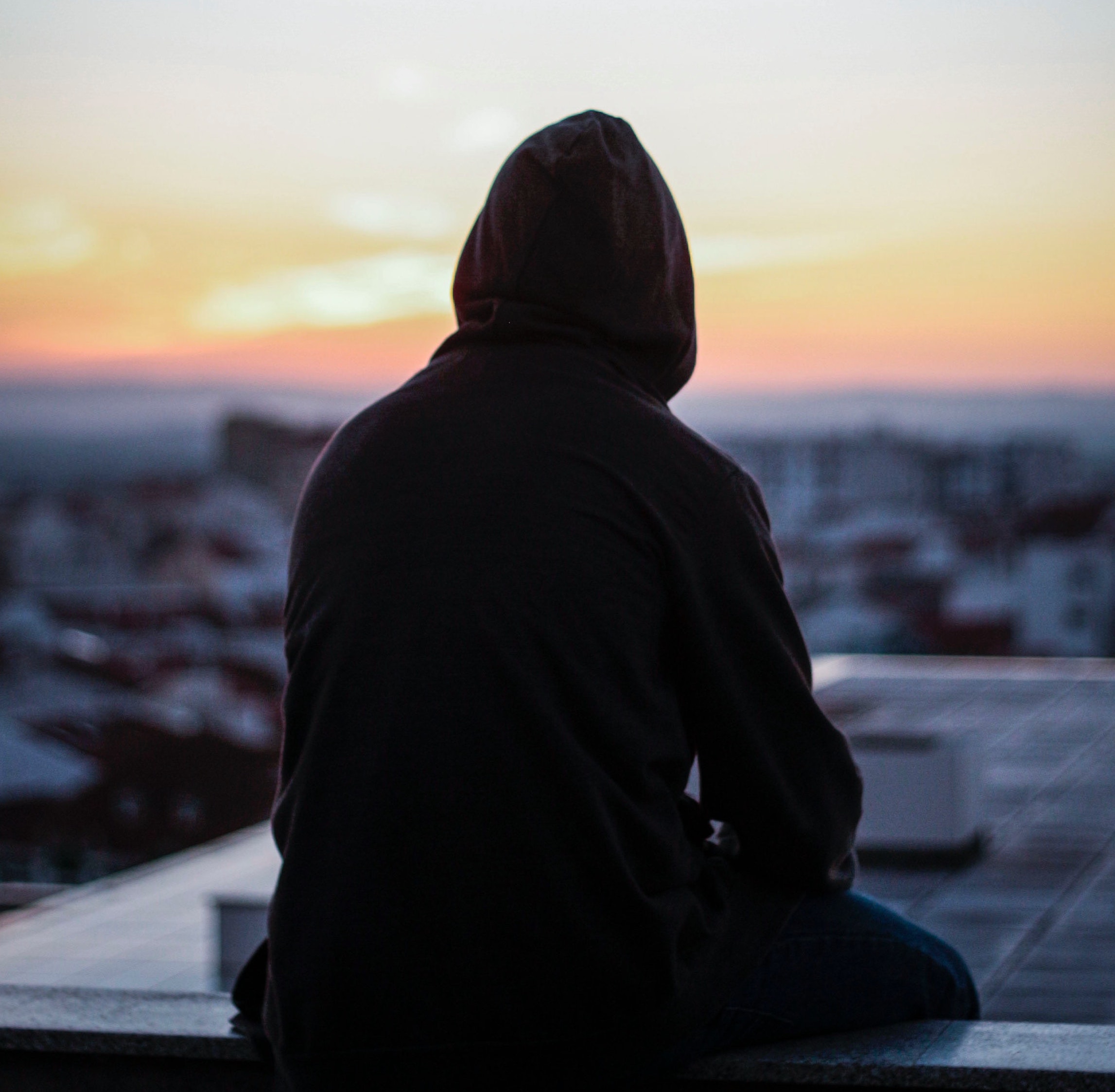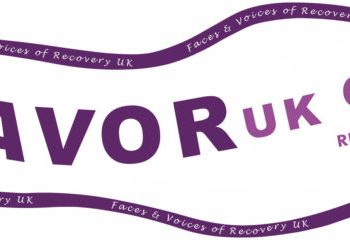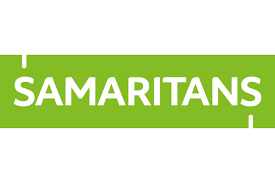Simon* was steadily recovering from his drug addiction before the Covid-19 crisis – but the pressures of lockdown led to his relapse.
The 33-year-old from London had been receiving therapy at The Grove, an NHS-run drug treatment centre in north London, and managed to significantly reduce his dependency on ketamine – a Class B anaesthetic.
But in March, Simon was told his sessions would have to go online as the nation prepared to go into lockdown. He didn’t take up the offer, claiming he finds video calls anxiety-inducing because of his attention deficit hyperactivity disorder (ADHD).
Simon told EachOther how he became “overwhelmed with suicidal thoughts” and began to smoke crack cocaine – a substance he hadn’t touched in years.
“I had to nip that in the bud as soon as I noticed it creeping back in,” he said. “The addiction is always going to be inside me, so I have to be careful.”
The fire alarm technician and part-time musician chose to self-medicate and return to work. “My use drops when I’m working,” he explained. “So I’m trying to keep busy and take it one step at a time.”
Simon is one of 268,000 people to have been in contact with drug and alcohol services in the year to March 2019, according to official figures.
Addiction experts have warned that the number of people struggling with substance abuse issues in the UK is likely to “tip off the scale” as a result of the now easing lockdown.

Simon didn’t take up the offer of online therapy, claiming he finds video calls anxiety-inducing because of his attention deficit hyperactivity disorder (ADHD). Credit: Edward Jenner/ Pexels
In early June, UKAT, the UK’s leading addiction treatment provider, reported a spike in the number of people using its 24/7 online chat tool. Among them were people turning to alcohol and drugs while struggling to cope with life at home.
It is a situation which is feared will put further pressure on already stretched addiction treatment services across the country.
Martin Preston, the founder and CEO of Manchester-based addiction treatment clinic Delamere, is concerned that drug and alcohol treatment will fall down the government’s priority list as the pandemic puts pressure on public services budgets.
“It’s easy for addiction treatment investment to be quietly cut because compassion for those addicted to drink and drugs remains low,” Preston, who himself is in drug and alcohol recovery, said in a blog post.
“It’s still a prevalent belief in society that people facing addiction issues are responsible for their own downfall and not as deserving of help as people facing other health issues.
“Many people also see addiction as something that only affects ‘other’ people. In reality, addiction affects everyone.”
In February, a Home Office-commissioned independent review of drugs by Dame Carol Black highlighted how “treatment services have been curtailed by local government funding cuts. The total cost to society of illegal drugs is around £20 billion per year, but only £600 million is spent on treatment and prevention”.
The report highlights how the responsibility for drug treatment was transferred from the NHS to local authorities in 2015 and, since then, overall funding for treatment has fallen by 17%. This has resulted in some councils “rationing” treatment; setting higher thresholds for access to structured care; and offering a bare minimum service in many areas.
“The amount of unmet need is growing, some treatment services are disappearing, and the treatment workforce is declining in number and quality,” the report says.
A Department of Health and Social Care (DHSC) spokesman told EachOther: “We have allocated nearly £335,000 to specialist addiction and recovery charities to meet additional demand.
“As services begin to safely re-open they will be able to increase provision.”
On Thursday, the DHSC also announced the launch of the second part of its review into the misuse of drugs – this time focussing on treatment, recovery and prevention.
Black, who will once again be leading the review, said: “[Our last review] showed a decade-long erosion, under previous governments, in almost every aspect of drug addiction, prevention, treatment and recovery. We now have the opportunity to correct this and build a better world.”

Almost £335,000 has been allocated to specialist addiction charities during the pandemic. Credit: Unsplash
‘You lose that connection with users’
Drug and alcohol treatment charities across the country have told EachOther about the challenges they have faced in trying to deliver their services amid the lockdown.
Chris Wright, chief executive of alcoholism recovery charity Helping Hands Essex, said that he had seen an increase in clients relapsing after counselling services went digital. “You lose that connection with users,” he explained. “You can’t analyse their body language.”
In Glasgow, outreach charity Favor UK and the Homeless Health and Recovery Service distributed old phones and laptops to digitally-excluded drug users, as well as providing them with Naloxone – a medication used to reverse the effects of opioids.
“The issue is that most active drug users will sell that equipment quickly if they have it,” said Anne Marie Ward, Favor UK’s founder. “I wonder if we could produce a device that would only communicate with other treatment organisations – rendering them useless to sell.
“Either way, trying to get users to deal with complex trauma over Zoom is ludicrous.”
Drug clinic the Kaleidoscope Project has been dispensing opioid substitute treatments, such as methadone, themselves and distributing greater quantities of Buvidal – a slow-release injection to treat heroin addiction which lasts for up to four weeks.
Martin Blakebrough, the project’s CEO, said that while the drug is not “a magic bullet solution”, it is crucial for people in recovery during this time of turbulence.
What next?
Charities and experts have called on the government to trade its criminal justice approach to drugs for one based on protecting the human right to health. This means focussing more on providing treatment for those who use drugs – and less on punishing them for possession.
Steve Rolles, a policy expert with Transform Drug Policy Foundation, told EachOther: “Criminalising the behaviour of vulnerable people doesn’t stop people taking drugs but it does drain resources and increase risky behaviours such as taking substances with unknown potencies.”
He added: “We need to remove the fear of criminalisation and prosecution for private possession, so people are not reluctant to reach out to services in fear they will be in trouble.”
The World Health Organisation, The Royal Society for Public Health and the Royal College of Physicians have long called for drug decriminalisation.
Nevertheless, Metropolitan Police figures show that stop and searches carried out in London almost doubled in the two months after lockdown was introduced – with the overwhelming majority being for drugs.
In March 14,522 stop and searches for drugs were carried out, rising to 29,714 in May.
“Historically, times of crisis have precipitated changes in drug policy. This time may be no different,” Rolles said. “My worry is that the central government is still ideologically wedded to a war on drugs.”
*name changed to protect privacy








